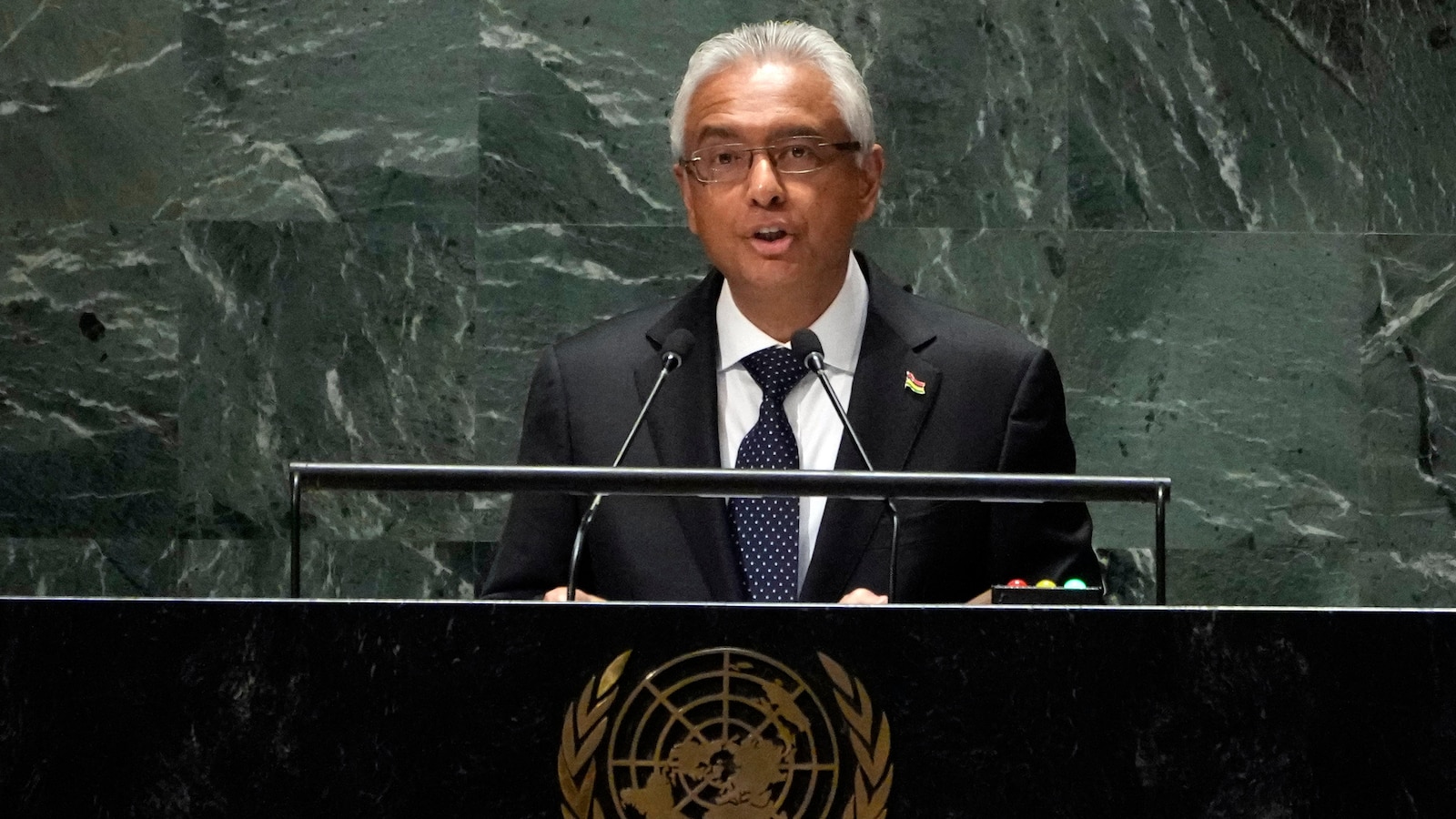The National Communication Authority declared the unprecedented restriction, which will remain in effect until November 11, the day after the elections. This decision comes in response to the leak of recorded conversations involving politicians, business leaders, and members of civil society, which surfaced on social media last month, sparking widespread outrage.
According to the media advocacy group Reporters Without Borders, five prominent journalists were also implicated in the leaked conversations, raising serious concerns about press freedom in the country. The government claims that these leaks pose a significant risk to national security, prompting the suspension of social media access.
The Information and Communication Technology Authority (ICTA) released a statement detailing its directive to all internet service providers to temporarily suspend access to all social media platforms. “In response to concerns regarding illegal postings that have become a serious threat to national and public security, the ICTA received instructions to temporarily suspend access to all social media platforms until November 11, 2024,” the authority stated.
Local network provider EMtel confirmed its compliance with the directive, warning customers that their internet experience would be “gradually disrupted.” The company acknowledged the inconvenience this may cause but emphasized that it had no choice but to follow the ICTA’s orders.
A statement from the Prime Minister’s office emphasized that the suspension of social media was necessary to safeguard national security and the integrity of the country. The government has convened a crisis committee to address the “existing risks” associated with the wiretapping scandal and to prepare for the upcoming elections.
As Mauritius approaches this critical juncture in its political landscape, the social media ban has raised eyebrows and ignited debates about freedom of expression and governmental control in the digital age.


